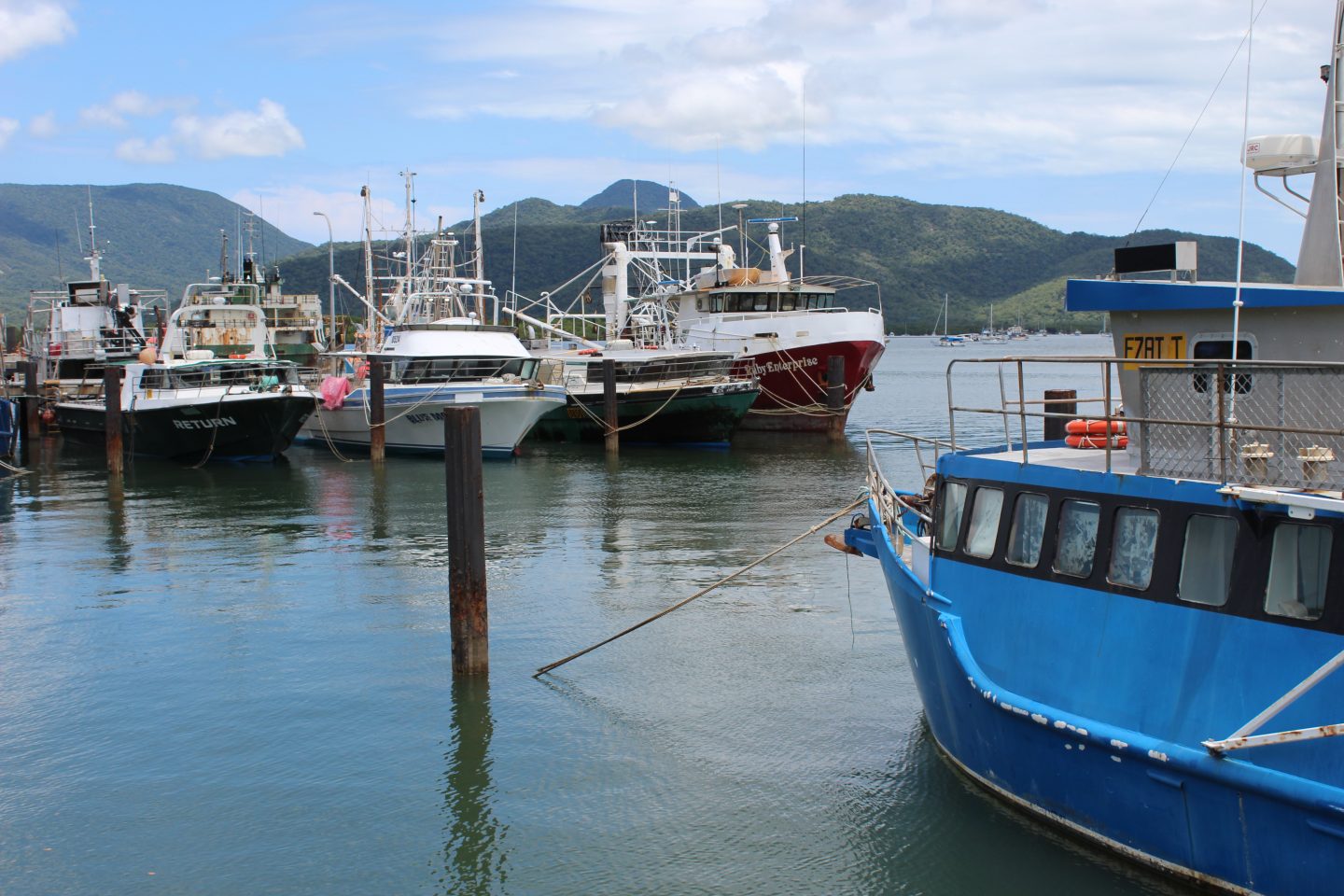Coral Sea Zoning Plan – Striking a Balance

The Federal Government intends for the new plans to come into force on July 1 this year (and continue till 2028) – but only if they pass the crucial vote in the Senate. Otherwise, the existing lack of zoning plans within the marine park boundaries will presumably continue until after the next federal election (which must be held by mid-May 2019) and a re-elected Coalition Government can re-introduce the legislation into Parliament or a newly-elected Labor Government can develop new plans (or stick with its 201 plans) and put them to Parliament.
The new zoning plans are recognised to impact on commercial fishing operations and funds have been set aside to compensate those fishermen affected. QSIA will be examining this closely to ensure the compensation is adequate for all seafood industry operators impacted by the new fishing bans.
One point to stress of course in discussing these plans is that the Government is not “winding back” exisiting zoning plans. Currently, there are no zoning plans in place in these five marine parks and fishing continues as it was prior to the 2012 declaration of the marine park boundaries. The new zoning plans, with their ‘no fishing” green zones, represent new bans on commercial fishing where currently none exist under marine parks legislation.
More details of these marine parks can be found on the QSIA website and also on the Federal Government site via www.parksaustralia.gov.au/marine
Minister Frydenberg_Media Release_20 March 2018
ALP_Media Release_20 March 2018
QSIA Media Release (21 March 2018)
Coral Sea Zoning Plan – Striking a Balance
PROPOSED Federal Government zoning plans for the Coral Sea Marine Park will impact Queensland commercial fishermen but represent a “sensible balance”, according to the State’s peak seafood industry body.
Queensland Seafood Industry Association (QSIA) CEO Eric Perez said today that most of the almost one million square kilometre Coral Sea Marine Park would be closed to one or more forms of commercial fishing.
These included large areas of “green zones”, where no commercial fishing at all would be allowed.
“Our initial assessment is that seafood worth millions of dollars will be lost to the catching, processing and marketing chain in Queensland but, on balance, the zoning plan probably represents a sensible balance between the needs of commercial and recreational fishing industries and the insatiable demands of environmental activists,” Mr Perez said.
“Currently, there are no marine park fishing bans in the Coral Sea outside the Great Barrier Reef Marine Park, so these proposed bans are something completely new in these waters.”
Mr Perez said – while financially hurting seafood operators – the proposed fishing bans would provide no benefit to the marine park.
“Fishing in the Coral Sea region is already tightly controlled by the Australian Fisheries Management Authority and the Queensland Government.
“The real threats to the biodiversity in the Coral Sea and elsewhere is generated by factors like climate change, coastal runoff, introduction of foreign species and other factors that have nothing whatsoever to do with fishing.
“However, governments are largely impotent to control these major threats so are left with splashing splotches of green on maps, and demonising commercial fishing, to create the perception they are doing something meaningful.
“Scientists know it’s a farce, politicians know it’s a farce and, deep down, even environmental activists know it’s a farce, but the international environmental community expect the Australian Government to take some sort of action, so the seafood industry suffers.”
Mr Perez said the Federal Government intends for the new plans to come into force on July 1 this year (and continue till 2028) – but only if they pass the crucial vote in the Senate.
“It’s no surprise that extreme green groups and the former environment Minister, Mr Tony Burke, are selling the line to the media, the Australian community and the world that the national network of marine parks as proposed will somehow reduce protections for the environment – but it’s not true.
“If the new plans are rejected, the existing lack of zoning plans within the marine park boundaries will presumably continue until after the next federal election (which must be held by mid-May 2019) and a re-elected Coalition Government can re-introduce the legislation into Parliament or a newly-elected Labor Government can develop new plans (or stick with its 2012 plans) and put them to Parliament’.
“The new zoning plans are recognised to impact on commercial fishing operations and it is understood that funds have been set aside to compensate those fishermen affected. QSIA will be examining this closely to ensure the compensation is adequate for all seafood industry operators impacted by the new fishing bans.
“I want to stress the point again that the Government is not ‘winding back’ existing zoning plans. Currently, there are no zoning plans in place in these five marine parks and fishing continues as it was prior to the 2012 declaration of the marine park boundaries.
“Recognising that there are tourism and recreational, commercial fishing and environmental values in the future Coral Sea marine park is a welcome change from the ‘let’s lock out any commercial fishing’ mentality which has dominated the marine park policy space. The marine park planning process has been less than perfect but if commercial fishing is one of many use of the Great Barrier Reef Marine Park then my hope would be Senators support the plans’ said Mr Perez.
Author: Eric Perez, CEO – Queensland Seafood Industry Association
The content of this post is provided for information purposes only and unless otherwise stated is not formal QSIA policy. The information on these posts are provided on the basis that all persons accessing the information undertake their own responsibility for assessing the relevance and accuracy of it.

